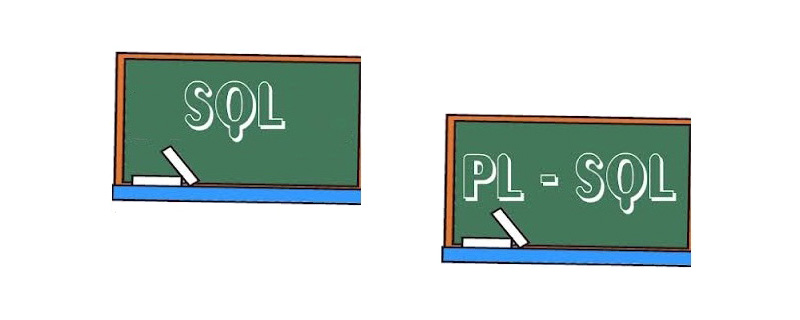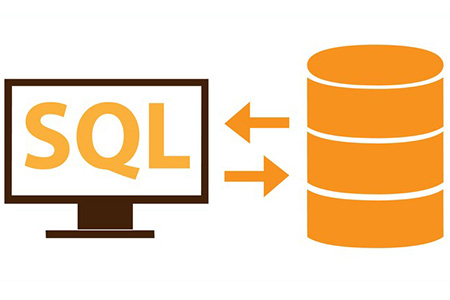SQL and PL/SQL are both relational database languages, what is the difference between them? In this article, I will give you a brief comparison between SQL and PL/SQL, and introduce the differences between SQL and PL/SQL. I hope it will be helpful to you.

What is SQL?
SQL (Structured Query Language) is a standard database language used to create, maintain and retrieve relational databases. [Recommended related video tutorials: MySQL Tutorial]
Advantages of SQL:
1. It is a high-level language with advantages over procedural languages. Greater levels of abstraction.
2. It enables system personnel and end users to handle the many database management systems available.

3. Portability. This type of migration may be required when the underlying DBMS needs to be upgraded or changed.
4. SQL can be embedded in the syntax of many other languages, such as C/C, Java, Perl, Python, PHP, etc. It is a data-oriented declarative language.
What is PLSQL?
PLSQL is a block structured language, a database-oriented programming language, and a procedural language. It is an extension of SQL, it saves SQL statements in its syntax, it extends SQL with procedural functions.
Advantages of PL/SQL:
1. Block structure: It consists of code blocks, and they can be nested in each other. Each block forms a unit of task or logical module. PL/SQL blocks are usually retained in the message and reused.
2. Procedural language capability: It consists of procedural language constructs, such as conditional statements (if else statements) and loops (FOR loops).
3. Better performance: PL/SQL engine processes multiple SQL statements simultaneously with one block, thereby reducing network traffic.
4. Error handling: PL/SQL effectively handles errors or exceptions during the execution of PL/SQL programs.
The main difference between SQL and PL/SQL

1. SQL executes a single query or execution at a time Single insert, update, delete. Pl/SQL, on the other hand, executes one block of code at a time for performing multiple select, insert, update, delete operations.
2. SQL is a database structured query language. While PL/SQL is a database programming language using SQL; used for writing complete programs using variables, loops, operators, etc.
3. SQL is used to write queries, using DDL (data definition language), DML (data manipulation language) statements; PL/SQL is used to write program blocks, and its syntax includes procedures, functions, triggers, package, variable.
4. SQL query is used to retrieve data from the database; it can also perform operations such as adding, deleting, and modifying. Rather, PL/SQL is used to create applications that can display information retrieved by SQL.
5. SQL is a declarative language and can be embedded in PLSQL; PLSQL is a procedural language and can be embedded in SQL.
6. SQL is data-oriented and can interact directly with the database server. PL/SQL is application-oriented and does not interact with the database server.
7. SQL does not support control structures; PL/SQL can use control structures, such as for loops, while loops
8. SQL is mainly used to manipulate data; PL/SQL is mainly used to Create an application.
The above is the entire content of this article, I hope it will be helpful to everyone's study. For more exciting content, you can pay attention to the relevant tutorial columns of the PHP Chinese website! ! !
The above is the detailed content of Simple comparison between SQL and PL/SQL. For more information, please follow other related articles on the PHP Chinese website!